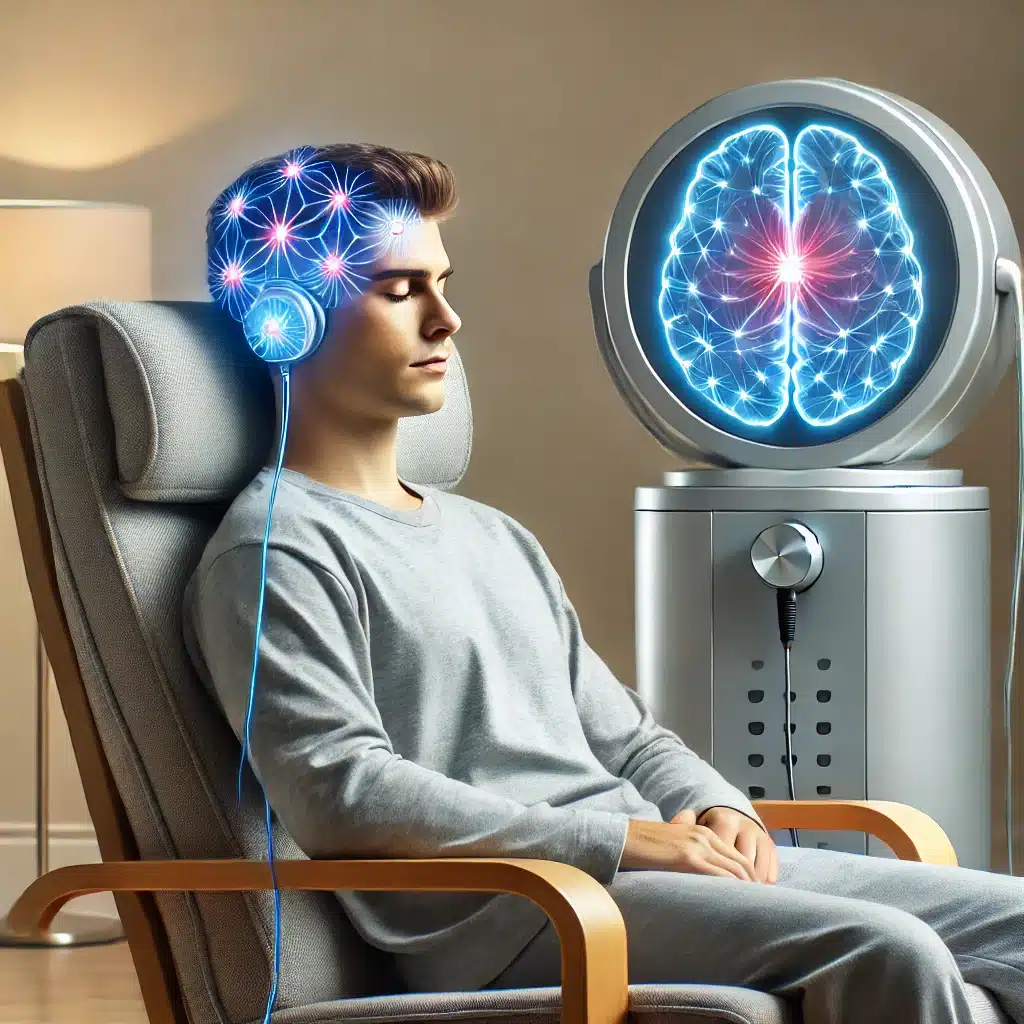Type 2 Diabetes Linked to Lower Cerebral Blood Flow (CBF) in Hippocampus (2024 Study)
This study shows that type 2 diabetes causes decreased blood flow and changes in neural activity in specific parts of the hippocampus, which may initially compensate for cognitive decline but deteriorate with worsening diabetes. Highlights: Decreased Perfusion: Patients with type 2 diabetes have lower blood flow in the right hippocampal CA1, DG, and subiculum areas. …










